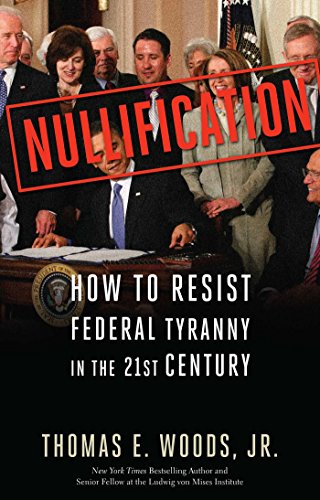At the end of World War II, the victorious Allies were convinced that Prussian militarism had played an important part in Hitler’s war in Europe. Herbert Marcuse, an overrated theorist of the Frankfurt School working for Uncle Sam, submitted a secret report that put all the blame for Nazism on capitalism. Marcuse was a phony who later became a hero to the anti-Vietnam war protesters but got it right on Prussia and Hitler. As I am in the midst of nonstop reading about the Congress of Vienna and the Napoleonic Wars, I sidestepped a bit and read how it was Austria-Hungary, not Prussia, that for centuries was the most aggressive and domineering power in the German-speaking world. I’ve been married to an Austrian for ages, as is my daughter—the Führer of Takimag—married to an Austrian, and I have two Austrian grandchildren. But even if I didn’t have the Austrian connection that I do, I’d still declare that being strong is better than being weak, and it was military strength that halted the uncivilized Ottoman hordes at the gates of Vienna in 1683.
 Conceived in Liberty, ...
Best Price: $9.00
Buy New $15.39
(as of 08:05 UTC - Details)
Conceived in Liberty, ...
Best Price: $9.00
Buy New $15.39
(as of 08:05 UTC - Details)
Voltaire was among the first to get it wrong about Prussia. He called it an army with a state rather than a state with an army. His play on words was clever but hardly true. After World War II, with Uncle Sam suddenly on the German side against the Russian Bear, so-called thinkers had to come up with something in order to excuse the good Uncle and the bad Führer being on the same side. History had to be rewritten, and it was. German militarism began and was encapsulated by the great Otto von Bismarck’s 1862 statement “that the great questions of the day would be decided by iron and blood.”
“It’s Uncle Sam who is the warmonger, not Uncle Fritz.”
Bismarck is the father of modern Germany, a great statesman and leader, and his above statement is used by weenies to denigrate strength and leadership. Linking Bismarck to Hitler is like associating Mozart to a rapper, impossible and ridiculous. The Nazi regime was a historical aberration detached from the Prussian past. A Prussian saved Wellington’s bacon in Waterloo, when the 73-year-old Blucher arrived just in time to swing the battle against the gallant last charge of the Imperial Guard, Blucher having been unhorsed three times already and thought dead by anxious aides. Blucher spoke no English, and Wellington not a word of German, and the only exchange was “Quelle affair,” by Prince Blucher.
 Nullification: How to ...
Best Price: $2.00
Buy New $8.34
(as of 05:25 UTC - Details)
Nullification: How to ...
Best Price: $2.00
Buy New $8.34
(as of 05:25 UTC - Details)
Three descendant Blucher paratrooper brothers were killed in April 1941 when their aircraft was shot down over Crete, an unheard-of act of stupidity by the Luftwaffe putting all three young men into the same airplane. But let’s return to Prussian militarism as compared with that of the Austrians. War was a constant phenomenon in early modern Europe, and what is today’s Germany contained tens if not hundreds of kingdoms, dukedoms, and tiny baronies. Further to the east, the Habsburgs ruled vast territories including Hungary and engaged in nonstop wars in order to keep them. One of the last monarchs to lead his troops personally in battle was Frederick the Great—a Prussian, naturally—whereas the Habsburgs left the fighting to the General Staff. War was a constant phenomenon, and the life of a soldier was a grim one. Death rates were high, mostly from disease, bubonic plague, typhus, and syphilis. Prussia got a bad rap as warlike following the Napoleonic Wars and during the German wars of unification: Denmark 1864, Austria 1866, and finally France 1870. Bismarck demanded a parade down the Champs-Élysées and then brought the boys home. The Frogs are still smarting over that one, but the Germans could have stayed but instead chose not to.





